Neuroscience
-
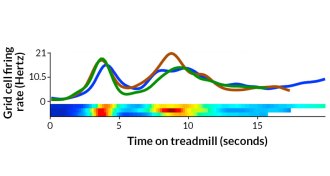 Neuroscience
NeuroscienceBrain’s GPS cells map time and distance, not just location
Brain’s GPS cells map time and distance, too.
-
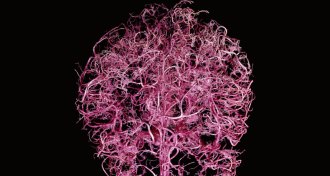 Neuroscience
NeuroscienceBlood exerts a powerful influence on the brain
Instead of just responding to the energy needs of neurons, the blood can have a direct and powerful influence on the brain.
-
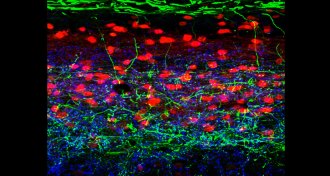 Neuroscience
NeuroscienceItch-busting nerve cells could block urge to scratch
A group of nerve cells in the spinal cord keep mechanical itch in check.
-
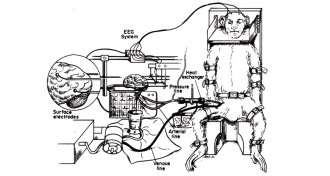 Neuroscience
Neuroscience1960s dog brain transplant was not followed by human studies
A pioneering study to transplant a dog’s brain led to later work on a monkey, but ethical considerations and technical know-how have prevented further work.
-
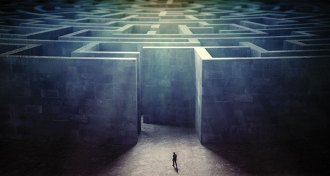 Neuroscience
NeuroscienceSigns of Alzheimer’s seen in young brain’s GPS cells
Signs of Alzheimer’s can show up in the brain’s compass decades before symptoms strike.
By Meghan Rosen -
 Physics
PhysicsPentaquarks, locked-in syndrome and more reader feedback
Readers discuss pentaquark sightings, delightful diatoms and whether an ancient four-legged fossil was actually a snake.
-
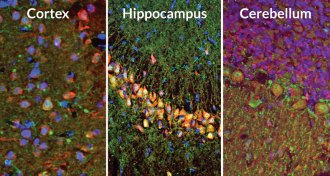 Neuroscience
NeuroscienceNets full of holes catch long-term memories
Tough structures that swaddle nerve cells may store long-term memories.
-
 Neuroscience
NeuroscienceSex influences ability to assess crowd’s emotion
New analyses explain how people detect an angry mob or a happy party.
-
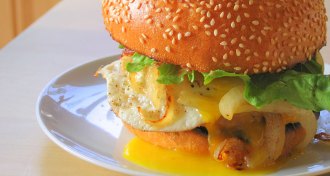 Neuroscience
NeuroscienceHigh-fat diet’s negative effect on memory may fade
Brain may find way to compensate for memory impairments linked to high-fat diets, study in rats shows.
By Susan Gaidos -
 Health & Medicine
Health & MedicineHollywood-made science documentary series comes to TV
Breakthrough series gives a closer look at scientists at work.
-
 Neuroscience
NeuroscienceMultitaskers do worse on tasks that require focus
Multitasking is more likely to impair teens’ focusing ability than improve it, study testing attention skills finds.
By Susan Gaidos -
 Neuroscience
NeuroscienceSigns of Huntington’s show up in the brain in childhood
Hints of Huntington’s disease show up in the brain long before symptoms do.